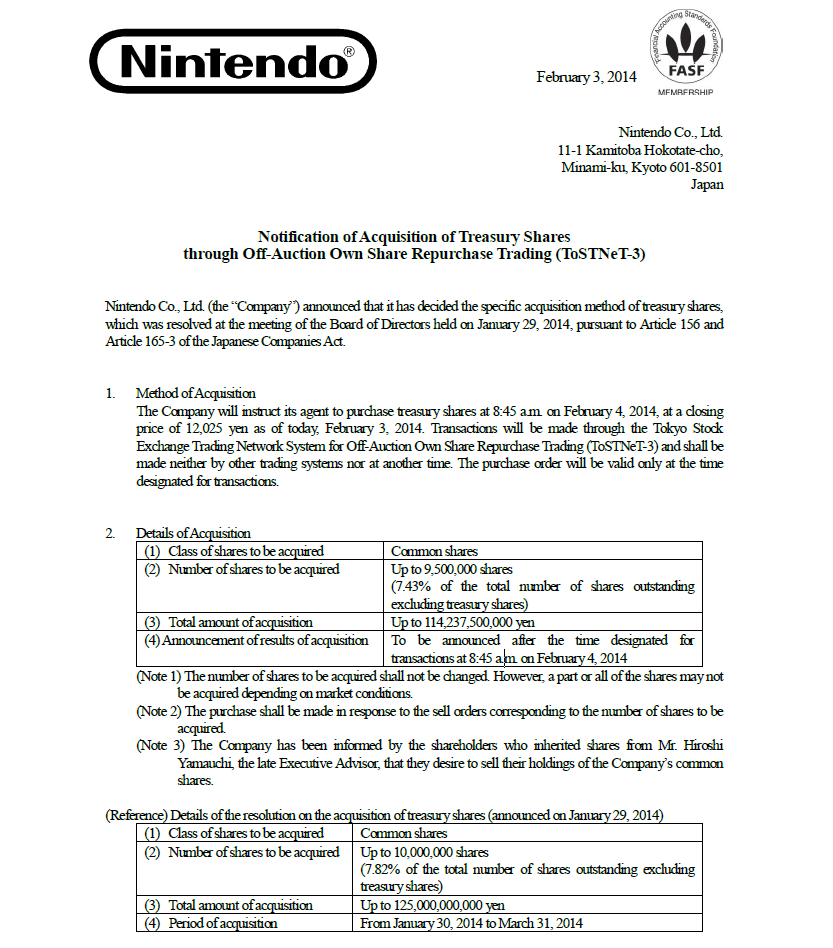Definition of 'Treasury Stock (Treasury Shares)'
The portion of shares that a company keeps in their own treasury. Treasury stock may have come from a repurchase or buyback from shareholders; or it may have never been issued to the public in the first place. These shares don't pay dividends, have no voting rights, and should not be included in shares outstanding calculations.
Investopedia explains 'Treasury Stock (Treasury Shares)'
Treasury stock is often created when shares of a company are initially issued. In this case, not all shares are issued to the public, as some are kept in the companies treasury to be used to create extra cash should it be needed. Another reason may be to keep a controlling interest within the treasury to help ward off hostile takeovers.
Alternatively, treasury stock can be created when a company does a share buyback and purchases its shares on the open market. This can be advantageous to shareholders because it lowers the number of shares outstanding. However, not all buybacks are a good thing. For example, if a company merely buys stock to improve financial ratios such as EPS or P/E, then the buyback is detrimental to the shareholders, and it is done without the shareholders' best interests in mind.




